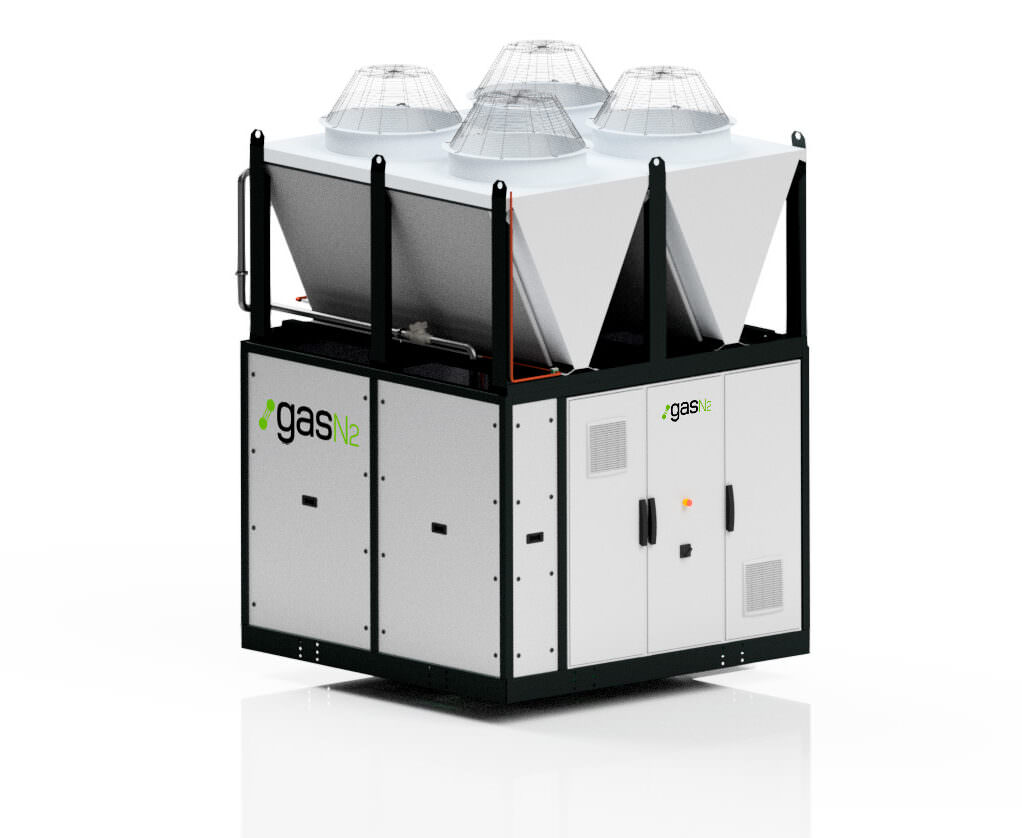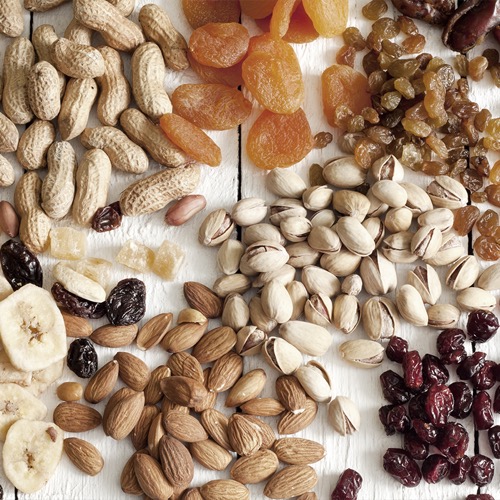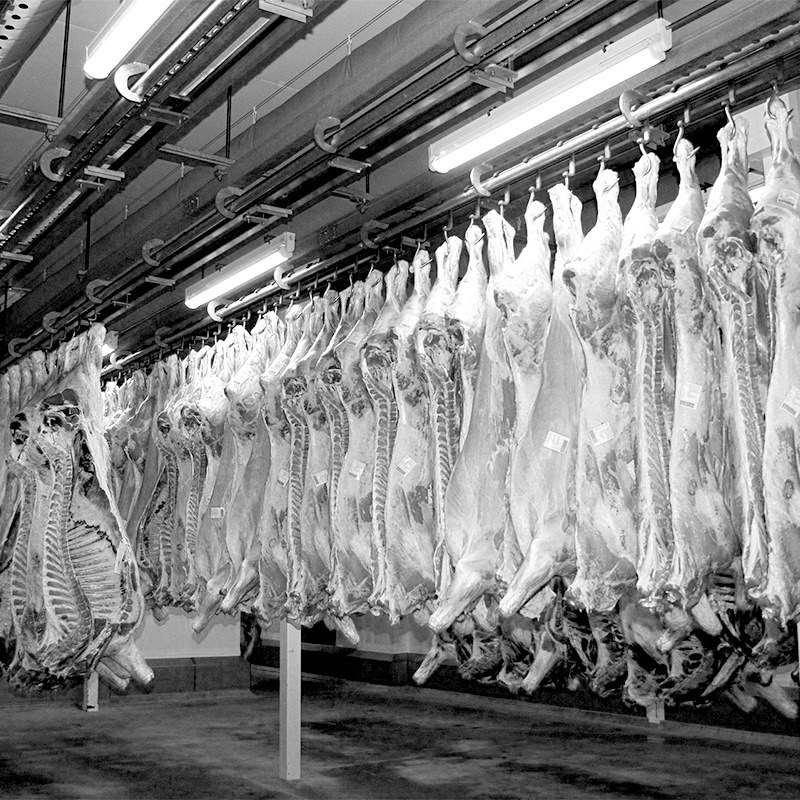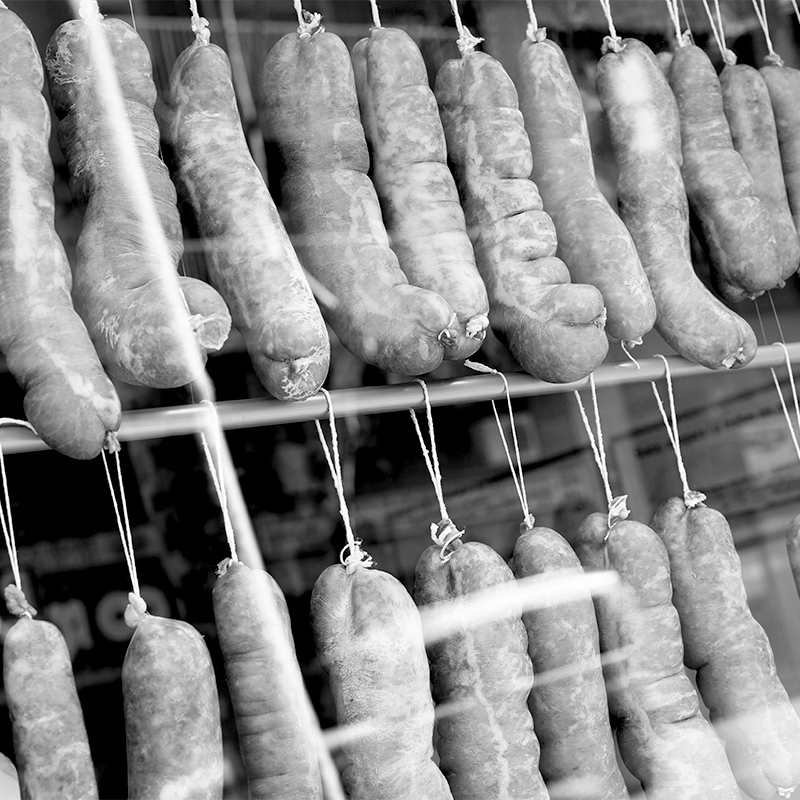Medium and high-temperature
We design refrigerated work rooms that allow the handling and preservation of the product.
Description
Medium temperature systems are suitable for all applications where a temperature of 0 to 8°C is required for product storage or handling.
The medium-temperature plants are based on a direct expansion refrigeration system with semi-hermetic compressors, with secondary fluid exchange through the distribution in rooms and chambers.
The plants can be air-cooled with flat or V-shaped condensers or water-cooled. The plant layout can be compact with an integrated electrical panel and condenser or they can be remotely installed.
All units are designed for outdoor operation. The working power range is from 30kW to 300kW of cooling with an evaporation temperature down to -15 °C.
- High temperature: Those that require a temperature of 10 degrees or more. In this type of installation, packaging and labeling works are carried out, always with the product protected by the packaging.
- Medium temperature: Rooms where a temperature of 0 to 8°C is required, in which the product is handled.
Features
- Minimum gas load
- Natural refrigerant
- Low GWP – ODP=0
- Minimal maintenance tasks
- Leak detector and safety systems for the refrigeration plant
- Control and management of room and chamber temperatures
- Electronic control
- Control of the first compressor with a frequency converter
- EC Capacitor
- High energy efficiency
- GasN2 integrated control system
- Exclusive platform and for each Client
- Remote control of operation
- Optional predictive control
- Optional heat recovery system
- Optional built-in pumping system
- Optional acoustic encapsulation

Sectors
Applications
Characteristics





